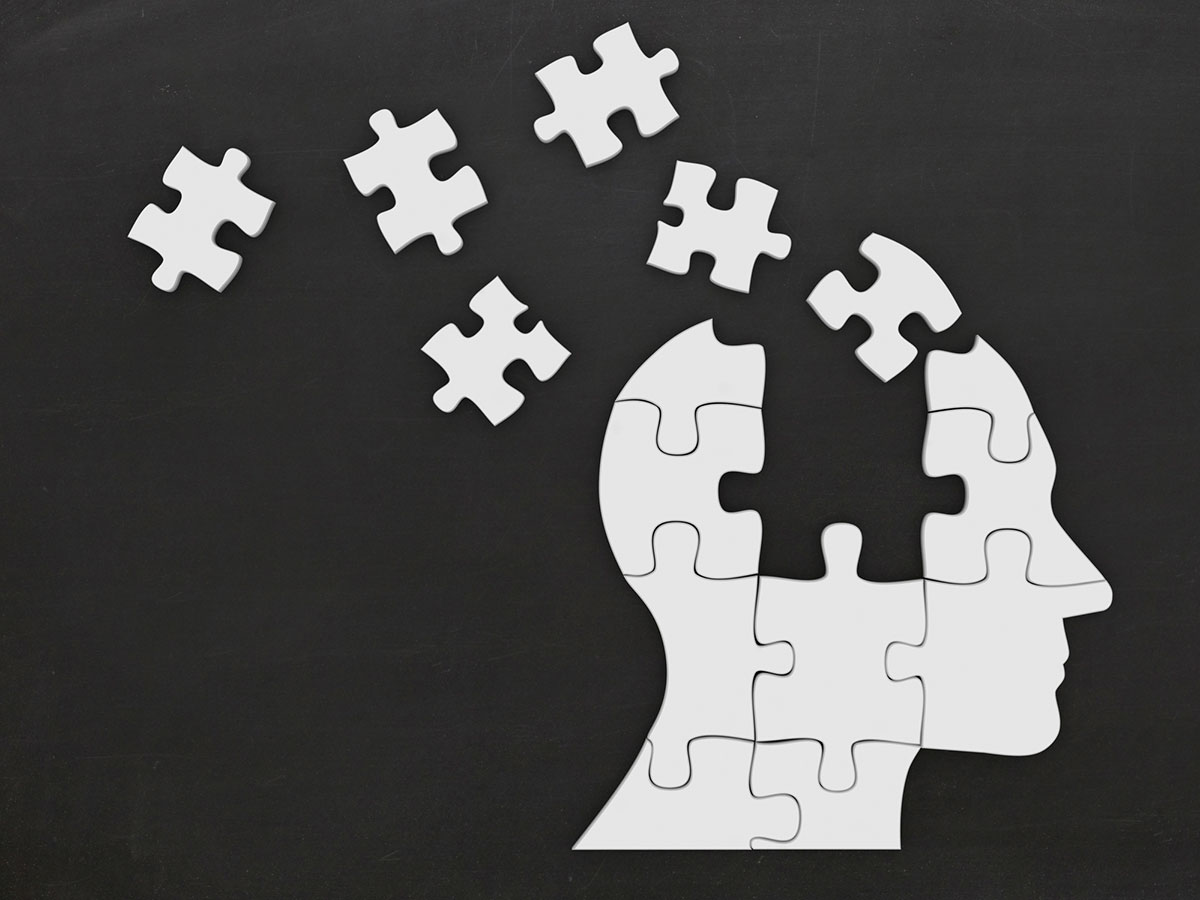Mental Health in the Workplace
Our workplace and the work we perform constitute a great part of our lives and so they affect our mental health. Mental health is so much more than the absence of psychological illnesses and difficulties. World Health Organization defined mental health as the state of wellbeing in which one achieves their potential, is able to deal with usual stress, is able to work productively and contribute to the community. This definition clearly shows how mental health affects work.
Mental health is relevant to the quality of life, taking part in societal activities, and engaging in business. Although it is known that work affects employees’ mental health, unfortunately, health protection isn’t one of the priority goals of the companies that shape the workplaces. To them, profitability and decreasing expenses are more valuable than the employees’ wellbeing. Employees’ health does not play a vital role which causes serious issues when designing human rights.
There are several factors in the workplace that can lead to poor mental health. Too much noise, time pressure, being overwhelmed due to great competition, too much control, mobbing, downsizing on the number of employees or constant repetitiveness-work is always related to stress. Constant pressure in the workplace can seriously jeopardize mental health within advanced age employees whose strength is almost entirely exhausted.
According to the results of a research conducted by the European Agency for Safety and Health at Work, stress in the workplace is the second most frequent health issue related to work in Europe.
Sources of stress in the workplace, that is, psychosocial risks, can result from the content and nature of the job as well as the conditions in which it is performed. Mental health damages that are caused by stress at work are common, from mild mental wellbeing to serious mental issues. They are connected to significant individual and social consequences, and they affect employees’ mental health as well as their behavior.
A good job requires clear rules. This refers to the working hours escalation as well as to the stress in the workplace and time pressure. Employees are required to be constantly available after work or during the weekend which brings new dangers to their mental health. Mental stress refers to the side effects of the modern working life to the health of the employees. That is why today, psychological stress is equal to the development of mental illnesses.
World Health Organization data emphasizes depression as one of the leading causes of illnesses and inabilities in the world. Depression is an illness which often carries lack of productivity and even inability to work.
For many employees, it is impossible to maintain mental health until retirement. Whether it is machine work or so-called ’’easy“ work in front of computer screens, factories or offices, mental damage is characterized by work. Burnout increases and mental disorders and illnesses are becoming more and more common. Many employees need to opt for early retirement.
Protection from mental stress is equally important as protection from dangerous substances. Stress can affect concentration, it can be disturbing and lead to depression and anxiety. Mental stress measures should be a priority when it comes to health and safety in the workplace.
Work is a relevant factor for mental wellbeing. And yet, due to the frequent development of depression, anxiety, and other mental disorders that are becoming usual mental states for employees, experts worldwide are warning us of employees’ mental health in the workplace. ’’A neglected mental health greatly affects the economy, because people are in their workplaces but their productivity is questionable. Research shows that 20% of the working population has some difficulties regarding mental health. We are becoming a snowflake generation that melts under pressure, physically as well as psychologically,“ Bruce Greenhalgh, an accredited therapist of the British Society for Counseling and Psychotherapy who enacts his global employees’ mental health programs within all levels of multinational companies including Accenture, BT, HSBC, Microsoft, and O2, stated at an HR conference.




